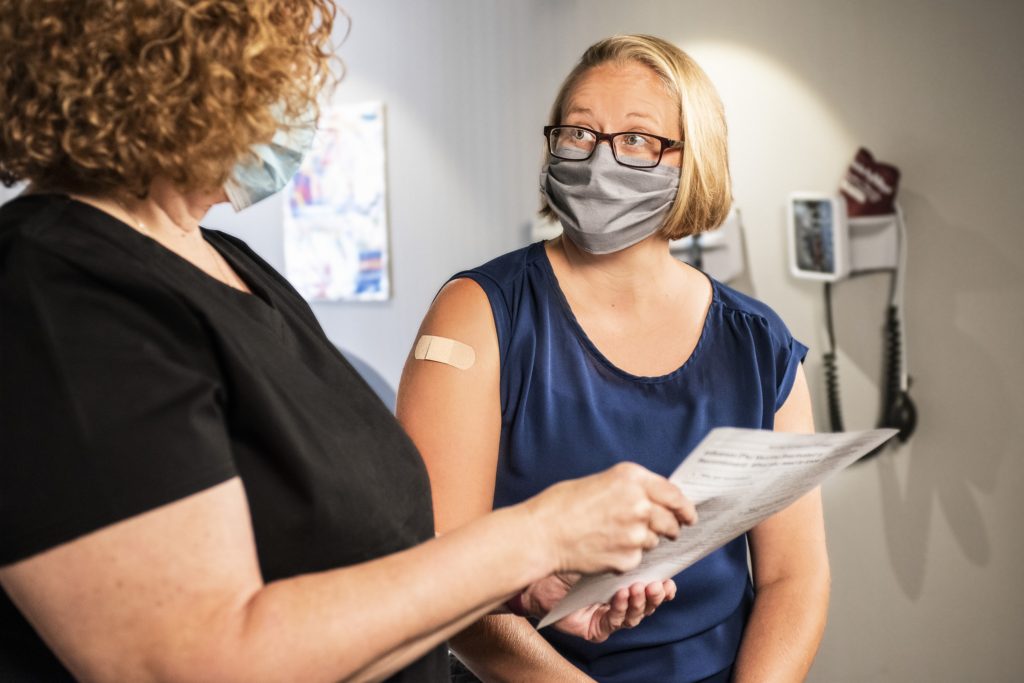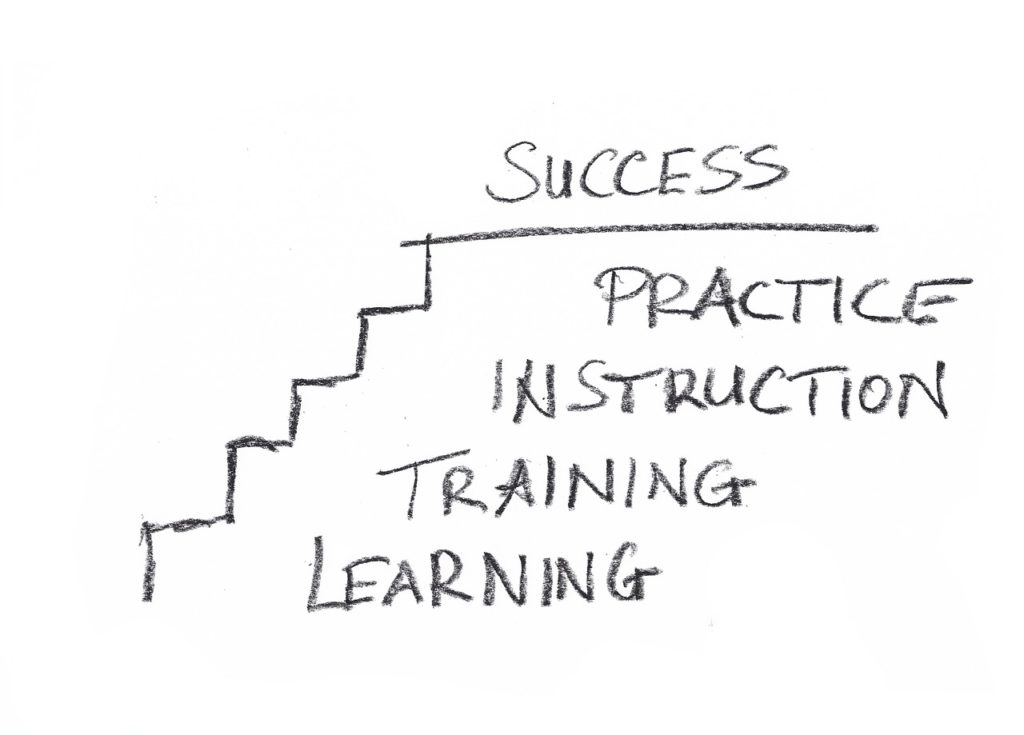When looking at a nursing program, you will see courses that don’t seem related to nursing. The courses are called prerequisites (required before core nursing courses). Some courses may be called co-requisites (courses taken with core nursing courses). Nurses work with many people. These courses help develop insight into human emotions and thought processes. Nursing requires critical thinking, decision-making, and calculation. The supportive courses help develop these needed skills.
What are some of the prerequisites in nursing?
Each program will have a select group of prerequisite courses. They focus on science and communication. Anatomy and physiology (A&P) is usually not questioned as it seems the most related to nursing. A&P allows the learner to understand the structures and functions of the human body. It entails quite a bit of memorization, learning the formal names of the body structures. The transition into nursing requires the mastering of medical terminology that A&P begins.

Many students shudder at the thought of taking chemistry. But the dreaded course assists in the understanding of many biological processes. These include heart and muscle function, breathing, and digestion. Chemistry makes the study of pharmacology easier. (In some programs, a high school level chemistry may meet the requirement.) Other science courses needed are microbiology, pharmacology, and, in some programs, pathophysiology.
Other prerequisites focus on people and society. Psychology assists the nurse in understanding human thought and behavior. General and developmental psychology are usually required. Nurses work with people throughout the lifespan. They adapt actions and communication based on the patients’ ages. Studies of growth and development help make this aspect of nursing easier.

Sociology also focuses on people and human society. Sociology includes the study of relationships, civilization, and culture. Nurses assist patients in health prevention and in coping with illness. Health extends into the community. Nurses learn how family, work, religion, and other social influences affect health.
Nurses are always communicating, either verbally or in writing. Therefore, writing and speech courses are necessary for the development of the nurse. Other requirements vary but may include economics or information technology courses. For the bachelor’s degree, other requirements may be added. They are based on the school’s philosophy and may include ethics or history choices (electives).

A nursing assistant course often a requirement
Many nursing programs do require the student to take a nursing assistant course. The course is taken prior to the core nursing courses. Time for teaching fundamental skills is limited. So, the nursing assistant training allows instructors to focus on more advanced skills. The nursing assistant course will introduce the student to communication and safety. More importantly, the student is introduced to nursing. This allows the student to decide is right for them. In a way, it may save time and money.
The number of credits included in the nursing program is limited. Prerequisite courses will focus on knowledge, skills, and behaviors the nurse will need. Take the courses seriously. They are important. Ultimately, the prerequisites (such as microbiology and psychology) will lead to a well-prepared nurse.

